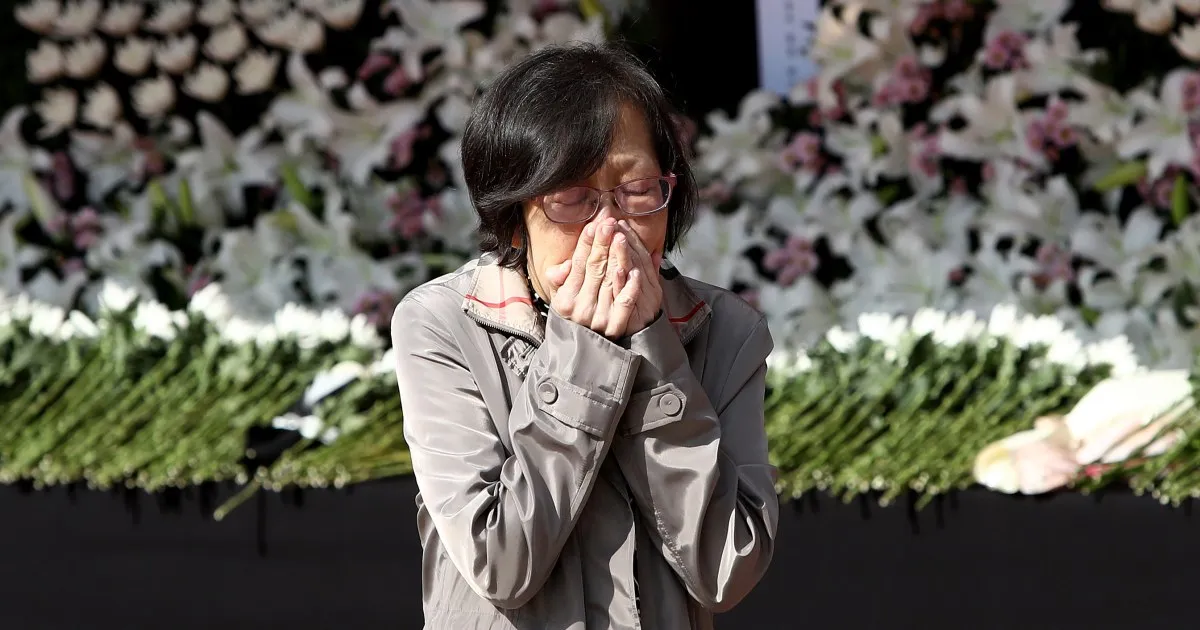
South Korea enacted legislation on Thursday to abandon its traditional system of calculating ages in favour of the international standard, thereby making its residents one or two years younger on official documents.
Koreans are considered a year old when they are born, and a year is added every January. This is the most common age mentioned in ordinary conversation.
There is also a distinct system for conscription reasons or determining the legal drinking and smoking age, in which a person’s age is determined from zero at birth and a year is added on January 1.
However, since the early 1960s, South Korea has also utilized the worldwide standard of calculating from zero at birth and adding a year on each birthday for medical and legal papers.
When new regulations requiring only the worldwide method of counting ages go into effect in June 2023, the confusing diversity of techniques will vanish – at least on official documents.
“The revision is aimed at reducing unnecessary socioeconomic costs because legal and social disputes as well as confusion persist due to the different ways of calculating age,” Yoo Sang-bum of the ruling People Power Party told Parliament.
Jeong Da-eun, a 29-year-old office worker, said she was relieved by the move because she had always had to think twice about her age when asked abroad.
“I remember foreigners looking at me with puzzlement because it took me so long to come back with an answer on how old I was.”
“Who wouldn’t welcome getting a year or two younger?” she continued.





